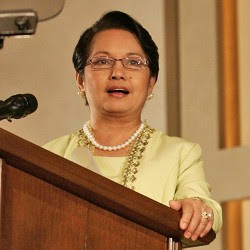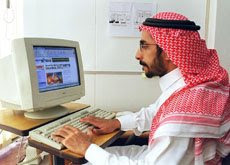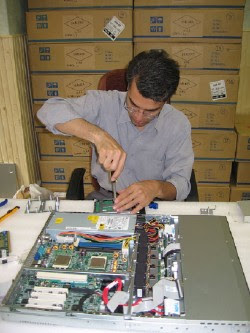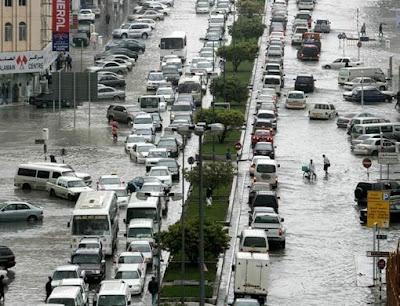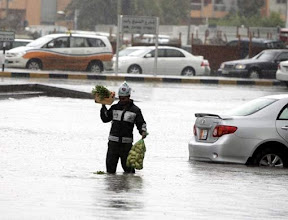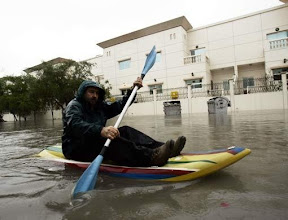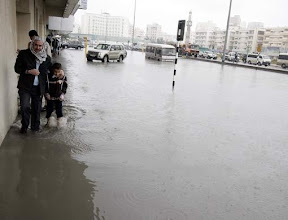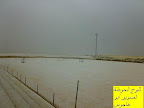Rambo is Back!
Rambo returns on the screens with the fourth sequel The movie has been getting mixed reviews but most critics predict high box-office receipts. Sly is turning 62 this year but he was is a decent shape for this movie, as well as in the Rocky's fourth sequel a year ago.
In new picture, person is beheaded, dismembered the bodies, break the throat with naked hands and shed fountains of blood naturally. So much of violence was not shown in any of the previous episodes of the saga. We shall recall, that films "First blood", "Rambo: First blood. "Part 2" & "Rambo 3" together collected 614 million dollars worldwide. And in America, arguments are on what censor ratings to give to the new film "Rambo IV" made by Sylvester Stallone. Some experts are consider that the next "Rambo" deserves rating NC-17 and then film can be correlated, for example, with "Caligula" of Tinto Brass. Person, less than 17 years of age, is not allowed for viewing such movies. This is the strict rating which is also assigned to pornographic movies. As a matter of fact, NC-17 is not the exclusive attribute of sexual films. Among the movies, many horror genre films and even "Kill Bill" of director Quentin Tarantino, which was released in original version on DVD, had received such certification. However, the creators of Rambo series of films were never concerned that their creation can earn rating NC-17, instead of usual certificate R (where children of u to 17 years should be accompanied by adults). Besides, with the release of film, one more scandal of religious character can crop up. As is known, central character of the saga - veteran John Rambo - always personified ideologically correct aspirations of American people. Firstly, Rambo having returned home after the Vietnam War, launched guerrilla attacks to highlight the attention of society towards the problems of veterans. Then, Rambo fought "Bad Russians", who attacked "Freedom-loving people" of Afghanistan.
To tell the truth, now the situation in this Eastern country has changed by cardinal manner and the film, where the American is at war with Mujahedeens rebels, looks already as a certain ideological diversion for audience in USA. Now, the question will be the protection of Christian missionaries, who were taken prisoners in Burma. In this connection, even the name of the movie at one time sounded as: "Rambo. Sacred war" and it already smelt slightly of a certain crusade against the faithless. In the last "Rocky", Sylvester Stallone specially did not try to be original and now, probably, he remains true to self. Nevertheless, in some details, "Rambo -IV" differs from the previous Rambo movie series.
For the first time, friend and instructor of the protagonist - Colonel Samuel Trautman, whom Rambo rescued from the captivity of Soviet Soldiers in Afghanistan in Rambo –III, is missing in the latest movie. Actor Richard Krenn, who portrayed the role of friend and instructor, died of cancer. James Brolin ("Traffic") was invited to play the character but Sylvester Stallone decided: "Trautman died the same day on which my friend Richard Krenn died" and thus, the character was deleted from the script. For the first time, music for the film "Rambo" was not scored by Jerry Goldsmith, who also died of cancer.
Well and at last, the most important thing:
Sylvester Stallone never directed the previous Rambo movies. Some time, raging imagination of SLY gave birth to witty names for the sequel. Apart from "Sacred war", "End of the world", "Bloody river" & "To hell and back" and "In the Serpent’s Eye" have been considered. Finally, the set of ideas infuriated the admirers of the film and they pleaded on Internet to leave to film the simple and understandable name - "Rambo". Stallone reluctantly agreed and explained the audience that the "Rambo – IV" is not the last part of epic Rambo series. It is already in circulation that, SLY has already signed agreement for the fifth film.
Some great stuff to consider for the fifth Rambo film courtesy of freakingnews:










